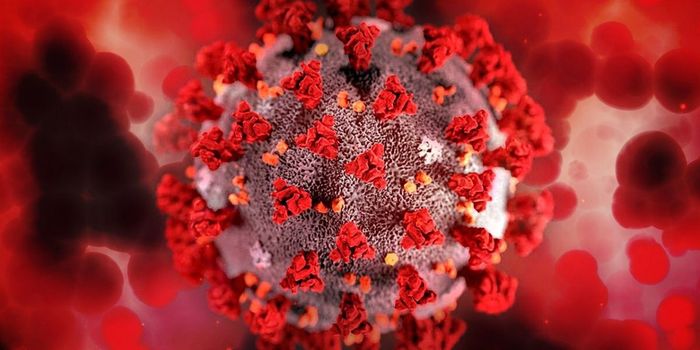Non-deceptive Placebo Reduces Stress, Anxiety, Depression

The COVID-19 pandemic saw a more than threefold increase in cases of severe psychological distress- rising from 3.9% prior to COVID-19 to 13.6% during. Increases also occurred in symptoms of anxiety and depression. Such outcomes have sparked efforts to develop and test scalable, low-cost, and easy-to-implement interventions to mitigate the mental health effects of the COVID-19 pandemic.
Placebos have the potential to be used as a primary and secondary intervention for stress due to their cost-efficacy. However, the presumption that deception is necessary for them to be effective has curtailed their widespread use.
Nevertheless, emerging evidence now suggests that non-deceptive placebos may be useful for treating various conditions like emotional distress, anxiety, and depression.
To date, most research on non-deceptive placebos has been conducted in person and assumes that in-person interactions and the physical therapeutic context are important for producing a robust placebo effect. Being able to prescribe non-deceptive placebos online, however, could increase their scalability.
In the current study, researchers examined whether non-deceptive placebos administered remotely online could be effective as a secondary mental health intervention. To do so, they recruited participants aged 18- 30 years old who were experiencing prolonged stress from the COVID-19 pandemic. The participants were randomized into two groups and either received no treatment or a non-deceptive placebo for two weeks. They interacted with a researcher online over four virtual Zoom sessions. 61 participants were included in the final analysis.
Ultimately, the researchers found that participants taking the non-deceptive placebo experienced significant reductions in stress, anxiety, and depression in just two weeks of treatment when compared to the non-treatment control group. They noted that the effect sizes were comparable to a self-guided online cognitive behavioral therapy program.
"This ability to administer non-deceptive placebos remotely increases scalability potential dramatically. Remotely administered non-deceptive placebos have the potential to help individuals struggling with mental health concerns who otherwise would not have access to traditional mental health services,” said Darwin Guevarra, co-author of the study and postdoctoral scholar at the University of California, San Francisco, in a press release.
Sources: Science Daily, Applied Psychology: Health and Well-Being








